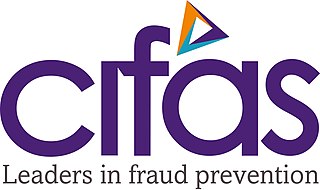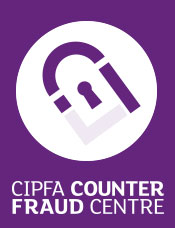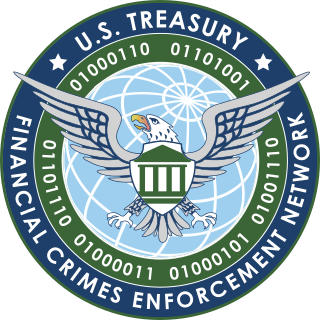 W
WThe National Fraud Intelligence Bureau is a police unit in the United Kingdom responsible for gathering and analysing intelligence relating to fraud and financially motivated cyber crime. The NFIB was created as part of the recommendations of the 2006 National Fraud Review, which also saw the formation of the National Fraud Authority. The NFIB was developed and is overseen by the City of London Police as part of its role as a national lead for economic crime investigation, and is funded by the Home Office.
 W
WCifas is a fraud prevention service in the United Kingdom. It is a "not-for-profit" membership association representing organisations from across the public, private and voluntary sectors. Cifas states its mission is ‘to detect, deter and prevent fraud in society by harnessing technology and working in partnership’.
 W
WEvery year in the UK up to £49bn of public money is lost to fraud. Resources are stretched and fraudsters are increasingly sophisticated, making the public services more vulnerable than ever to criminal activity.
 W
WThe European Anti-Fraud Office is a body mandated by the European Union (EU) with protecting the Union's financial interests. It was founded on 28 April 1999, under the European Commission Decision 1999/352. Its tasks are threefold:to fight fraud affecting the EU budget; investigate corruption by staff of EU institutions; and develop anti-fraud legislation and policies.
 W
WThe Financial Crimes Enforcement Network (FinCEN) is a bureau of the United States Department of the Treasury that collects and analyzes information about financial transactions in order to combat domestic and international money laundering, terrorist financing, and other financial crimes.
 W
WLocal Authority Investigation Officers Group (LAIOG) was a British organisation involving Local Authority investigators. It ceased to operate on 1 December 2016.
 W
WThe National Fraud Intelligence Bureau is a police unit in the United Kingdom responsible for gathering and analysing intelligence relating to fraud and financially motivated cyber crime. The NFIB was created as part of the recommendations of the 2006 National Fraud Review, which also saw the formation of the National Fraud Authority. The NFIB was developed and is overseen by the City of London Police as part of its role as a national lead for economic crime investigation, and is funded by the Home Office.
 W
WThe NHS Counter Fraud Authority is a special health authority charged with identifying, investigating and preventing fraud and other economic crime within the NHS and the wider health group, formed on November 1, 2017 under section 28 of the National Health Service Act 2006. It replaces its predecessor NHS Protect, which was part of the NHS Business Services Authority.
 W
WThe Customs Surveillance Service is a law enforcement agency of the Spanish Ministry of Finance, integrated in the Spanish Tax Agency. Its responsibilities include the investigation and prosecution of cases involving contraband, illegal drugs, financial evasion and violations, money laundering, surveillance for financial police purposes and the provision of judicial police services. Its activities can be compared in USA with agencies like the Drug Enforcement Administration, ATF, or some of the U.S. Customs and Border Protection